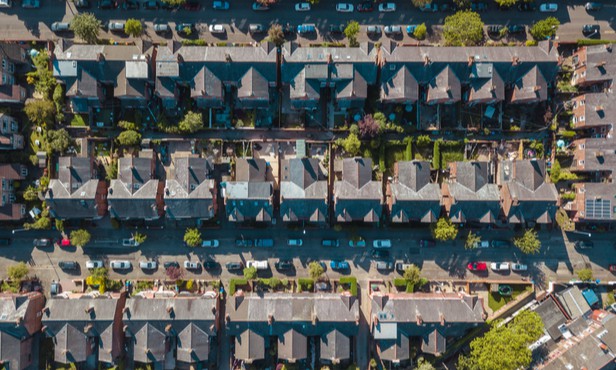
The average cost of a property now stands at £262,954, up 0.7% on July and the highest figure on record.
However, annual house price inflation slowed to 7.1%, down from 7.6% in July.
Wales remains the strongest performing area, with annual house price inflation at 11.6% and the only double-digit rise recorded in the UK during August.
The South West is also still experiencing strong growth at 9.6%, likely reflecting the ongoing demand for rural living within the region.
Russell Galley, managing director at Halifax, said: “Given the rapid gains seen over the past 12 months, August’s rise was relatively modest and the annual rate of house price inflation continued to slow, hitting a five-month low of 7.1% (versus 7.6% in July).
“However, compared to June 2020, when the housing market began to reopen from the first lockdown, prices remain more than £23,600 higher (or +9.9%).
“Much of the impact from the stamp duty holiday has now left the market, as highlighted by the drop in industry transaction numbers compared to a year ago. However, while such government schemes have provided vital stimulus, there have also been other significant drivers of house price inflation.
“We believe structural factors have driven record levels of buyer activity – such as the demand for more space amid greater home working. These trends look set to persist and the price gains made since the start of the pandemic are unlikely to be reversed once the remaining tax break comes to an end later this month.
“Moreover, the macroeconomic environment is becoming increasingly positive, with job vacancies at a record high and consumer confidence returning to pre-pandemic levels. Coupled with a supply of properties for sale that looks increasingly tight, and barring any reimposition of lockdown measures or a significant increase in unemployment as job support schemes are unwound later this year, these factors should continue to support prices in the near-term.”
Greater London continued to lag the rest of the country, registering just a 1.3% annual increase in prices in August and, over the latest rolling three-monthly period, was the only region or nation to record a fall in prices (-0.3%).
The year-over-year rise in London was also the weakest seen in 18 months. Though at a cost of £508,503, typical properties in the capital remain far above the national average national price.
Iain McKenzie, CEO of The Guild of Property Professionals, said: “For all the speculation about what would happen when the stamp duty holiday ended, today’s figures look like business as usual for a jaw-dropping year for house prices.
“There’s another record for the cost of an average house, though the pace of growth is slowing month by month.
“Any increase to house prices now is fuelled by a short supply of housing stock coupled with the demand for space, as people continue to work from home and retain flexible working.
“People’s choices are reflected in the regional breakdown, with the South West and Wales seeing the biggest growth, and London lagging behind as commuters flee the rat race.
“Scarcity of properties on the market will continue to prop up prices for the foreseeable future, and we may be entering a period of stability after the rollercoaster of the past 18 months.”



